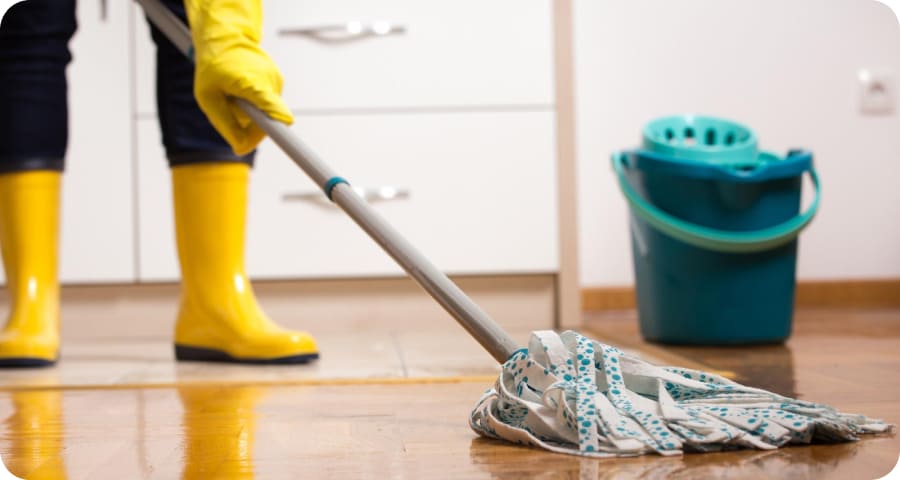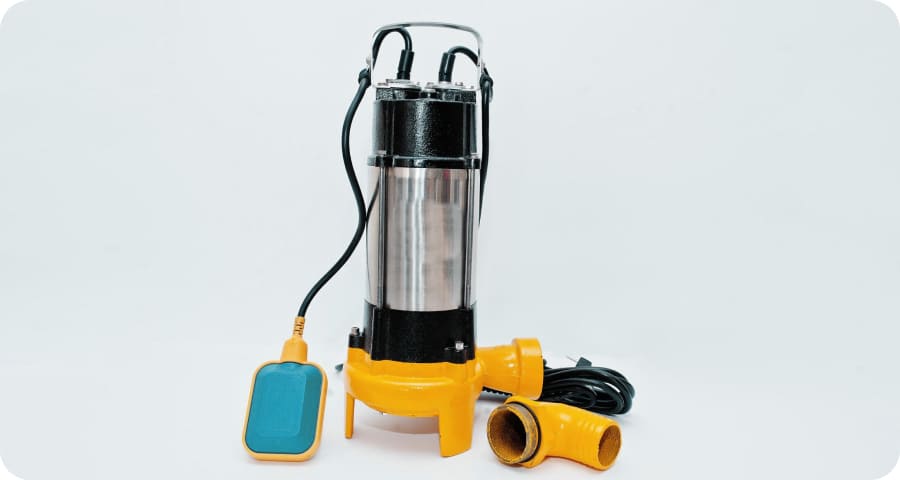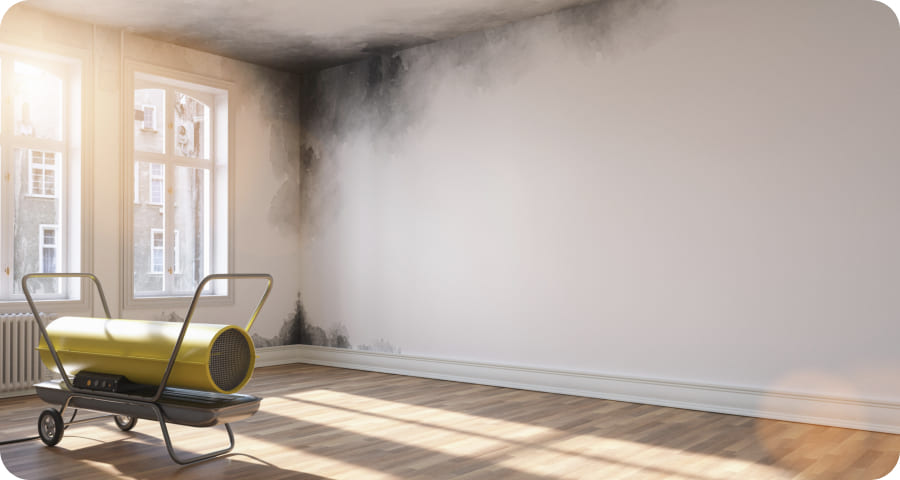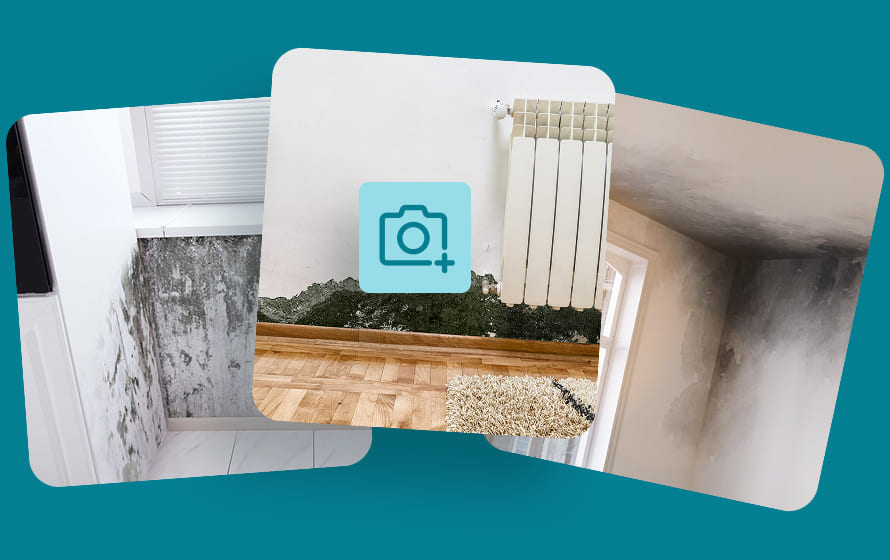Mold Lab Testing in Naples, FL
Emergency Water Removal
QCI has established itself as a trusted expert witness in the construction industry, offering expert testimony for over 15 years. Beyond its construction expertise, QCI is recognized for its exceptional communication skills and a credible, impartial approach. The company specializes in translating complex technical findings into clear, comprehensible language that resonates with judges, juries, arbitrators, and mediators. Whether involved in litigation, arbitration, mediation, or trial court proceedings, QCI ensures that its conclusions are backed by meticulous analysis and a sound understanding of past, current, and potential future changes in the field.
At the heart of QCI’s operations is Stephen Delgado, Manager, whose extensive background adds unparalleled value to the company’s services. With over 25 years of hands-on experience in commercial and residential property development, construction, water/fire/weather damage emergency services and restoration, mold remediation, indoor air quality assessment, property valuations, and large-loss insurance claims, Stephen collaborates effectively with construction attorneys to provide complementary insights. His breadth of experience ensures that clients receive comprehensive support tailored to their needs.
QCI’s team brings unmatched expertise in areas such as construction administration, billing analysis, design consultation, insurance claims, large-loss assessments, construction cost evaluations, and defect identification. The firm also excels at resolving construction contract disputes, emphasizing even minor details that can prove pivotal in significant cases. With a proven ability to deliver prompt, clear, and concise analytical opinions, QCI has earned a reputation for reliability and efficiency. Moreover, the team’s deep familiarity with attorney-client work product rules ensures confidentiality and professionalism in every engagement.
QCI’s expertise spans a wide range of services, including commercial and residential construction, fire/water/weather damage restoration, mold remediation, remodeling, and building inspections. The company’s ability to navigate complex contractual conflicts, property damage insurance disputes, and construction-related billing issues has solidified its reputation for integrity and effective problem-solving. For clients frustrated with delays and insufficient feedback from other experts, QCI offers a refreshing alternative. The team prioritizes timely, actionable insights that respect both client timelines and budget constraints, ensuring that every project and case receives the focused attention it deserves.

24/7 Water Removal Services
Why Immediate Action is Crucial
When dealing with flooding, leaks, or overflows, fast water removal is key. The faster the water is removed, the less time and cost it takes to dry the area. If left untreated, water can seep into walls and materials, leading to mold growth and more extensive damage.
How Water Spreads:
- Water wicks up walls, sometimes rising 2-3 feet or more
- Infrared thermal imaging detects how far water has traveled and what areas are affected
- Delays in removal can lead to longer drying times and higher costs

Our Water Removal Equipment
QCI uses high-powered portable extraction units to remove water from homes and buildings. We have equipment for any situation:
- Submersible pumps for heavy flooding
- Generators to power equipment during outages

Call Us Anytime for Water Damage Emergencies
We’re available 24/7 to handle water removal, flood damage, and wet carpet emergencies. Quick drying protects your home, business, and belongings from mold damage. Don’t wait—delaying water removal can lead to costly repairs.
Drying Flooded Homes: What to Know

Safety First
When entering a flooded house, prioritize safety:
- Turn off power if standing water is present
- Electrical appliances like water heaters can pose shock hazards
- If in doubt, contact an electrician to ensure the area is safe
Locate the Water Source
If the source of water is unknown, professionals like roofers or plumbers may be needed. Infrared thermal cameras can trace the water’s path and help find the source.
Water Extraction and Drying
Once the water source is handled, start water extraction:
- Remove standing water from floors, carpets, and rugs
- Quick action is important to prevent water from soaking further into walls, trim, and framing
Speed Up the Drying Process
Accelerate drying by controlling air movement and humidity:
- Use high-speed fans to send moisture into the air
- Dehumidifiers capture the moisture, directing it into nearby drains
- Operate hydroxyl generators to stop mold and bacteria growth
- HEPA air scrubbers collect airborne contaminants during the drying process
worried about mold?
let's take a look
Upload your pictures and get a fast response from our experienced team. We'll let you know exactly what's going on and how we can help.


